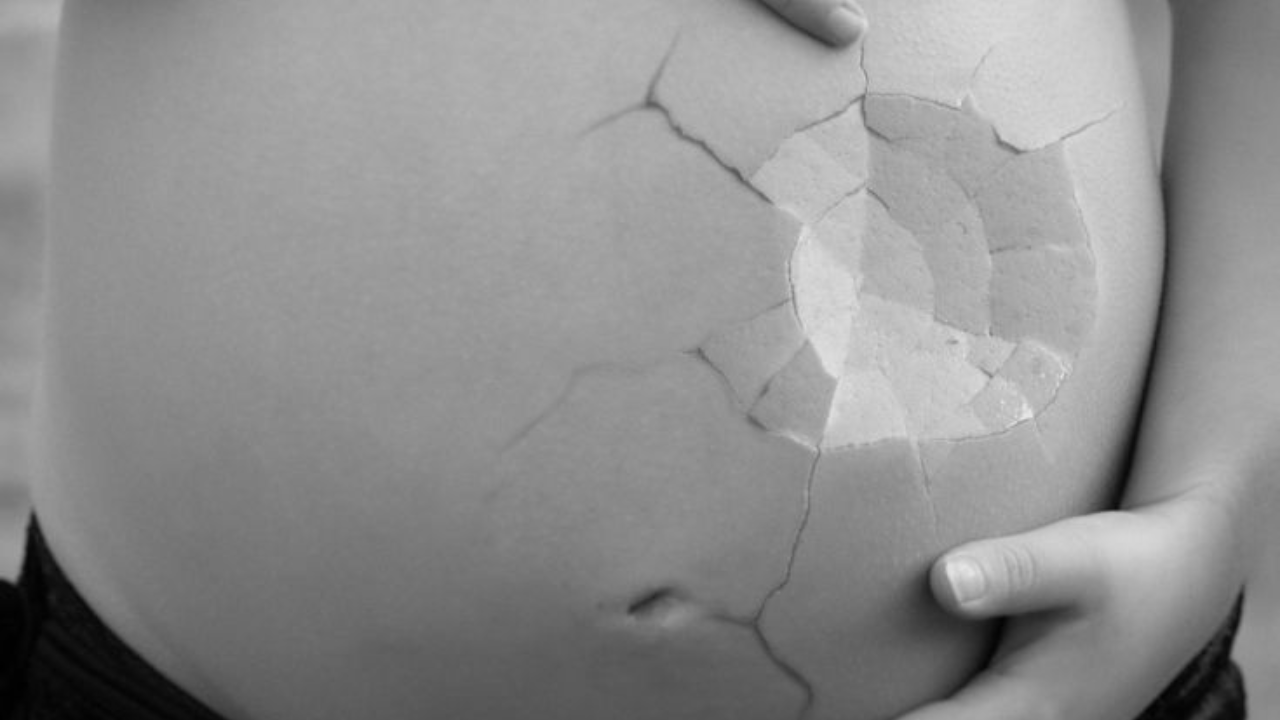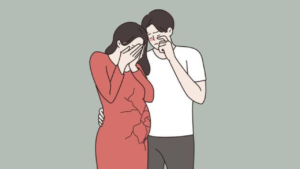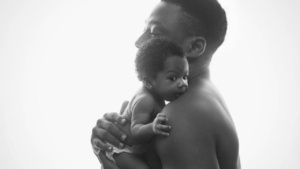“How do you know if it’s just taking longer than expected—or if something deeper is preventing pregnancy? Here are the most common signs of infertility in women, and when to take action.”
Trying to conceive can be one of the most emotional journeys of your life. At first, you think it will happen naturally. But as months go by, doubt creeps in: “Is something wrong with me?”
The truth is, infertility is more common than most people realize. 1 in 6 couples in Nigeria faces fertility challenges, and in nearly half of these cases, female factors play a role.
At HopeNests, we believe knowledge is power. You are the hero of your fertility journey—and recognizing these signs early could save you years of heartbreak.
1. Irregular or Absent Periods
Your menstrual cycle is one of the biggest indicators of fertility health.
- Very short (<21 days) or very long (>35 days) cycles may point to ovulation issues.
- Missed or absent periods can signal hormonal imbalances like PCOS or thyroid dysfunction.
👉 Consistent irregular cycles are a red flag worth checking.
2. Very Painful Periods
Painful cramps are common—but severe pain isn’t normal.
- Intense pelvic pain may indicate endometriosis, a condition that can scar reproductive organs.
- Heavy bleeding, clotting, or long periods can also suggest underlying fertility issues.
3. No Signs of Ovulation
Ovulation is when your body releases an egg. Signs include:
- Mid-cycle cervical mucus changes
- Mild ovulation pain (mittelschmerz)
- Predictable cycle patterns
If you’re not tracking ovulation or aren’t seeing these signs, it could mean eggs aren’t being released regularly.
4. History of Miscarriage
Two or more consecutive miscarriages may signal:
- Uterine abnormalities
- Genetic issues
- Hormonal imbalances
- Blood clotting disorders
Early specialist evaluation is essential in these cases.
5. Hormonal Symptoms
Fertility is closely tied to hormone balance. Watch for:
- Acne flare-ups
- Excess hair growth on face or chest
- Sudden weight gain
- Hair thinning
These may indicate PCOS or endocrine disorders affecting ovulation.
6. Age-Related Decline
While not a “symptom,” age is one of the biggest fertility factors.
- Fertility starts declining at 30, drops sharply after 35, and continues after 40.
- Difficulty conceiving at these ages doesn’t always mean infertility—but it does mean you shouldn’t delay getting evaluated.
When to See a Fertility Specialist
- Under 35: After 12 months of trying
- Over 35: After 6 months of trying
- Over 40: Immediately
🚨 See a doctor sooner if you have irregular cycles, painful periods, past miscarriages, or known medical issues.
Key Takeaways
- Infertility signs in women often show up as irregular cycles, painful periods, ovulation issues, miscarriages, or hormonal symptoms.
- Age plays a critical role—don’t wait too long to get evaluated.
- Seeing a fertility specialist early gives you more options and better chances of success.
At HopeNests, our mission is to help you recognize the signs, take action early, and move forward with clarity. Because your fertility journey is too important to leave to guesswork.




